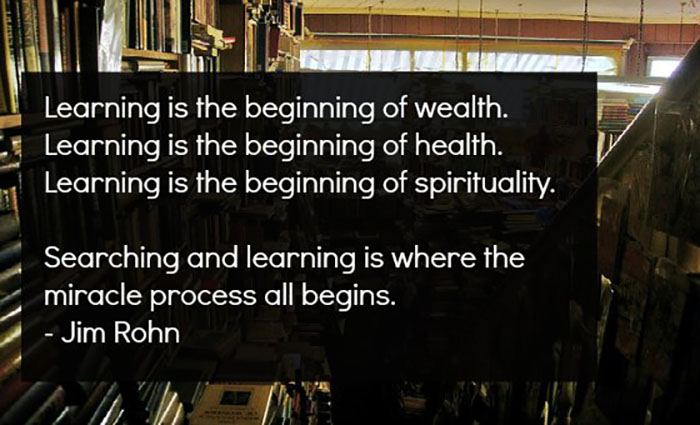I’m a huge fan of people that actually pursue learning — I feel like “CQ” should be in the conversation with “EQ” and “IQ” always — and I think one of the biggest flaws with our standard hiring processes is that they’re aimed at what you know, as opposed to what you’d be willing to know. (Admittedly, there is no concrete way to measure the latter, and a hiring process is as much about compliance as it is about getting the best person in the door.)
There are a lot of these types of arguments in social science and real-world, everyday work: consider the battle of potential and achievement. Do you want the young go-getter / up-and-comer, or do you want the grizzled veteran of many organizations? Those decisions can literally be tied to millions in revenue here and there, so they are important.
Now consider this. Liz Wiseman writes a lot about having “rookies” on your team and why that’s relevant — namely because learning (what a rookie has to do) is more important than knowledge (what a veteran already has). Here’s a blog post she wrote for Harvard Business Review, and up top, consider these stats:
- In the science and technology fields, you can argue that new information is doubling every nine months.
- You can also argue that knowledge decays about 30 percent per year — or, best measure, you lose 30 percent of your skills every 7 years.
- If you add the two things together, that means that about 80 percent of a person’s technical knowledge is eroded in five years.
If you had a house, right … and someone told you, “Well, you can buy this house today, but in five years, 85 percent of it will be gone,” does that seem like a good investment to you?
Probably not, right?
So by the same token … is knowledge a good investment for an organization right now?
Stop and really think about this for a second: there will always be new technologies, new apps, new projects, etc. All that new stuff is going to replace old stuff (the brain’s capacity is finite, after all). That means that knowledge — accrued information — is essentially not that relevant, because it’s going to consistently turn over. Yet that’s what we hire on, and it’s often what we promote on too. “That person is smart. They get it.” That statement could apply to intellectual curiosity, sure, but when most people say it, it typically applies to knowledge (or project management, I’d argue).
Point is: knowledge is important, but it’s going to constantly change.
And if constantly changes, then the skill you really need is the ability to learn — you need to be able to chase down that new knowledge, new context, etc. and re-integrate it into what you already know.
So what we really need is a way to evaluate that within a hiring process, I’d argue … and then we can start building actually high-performing teams and getting the best people in the door.

Reblogged this on Gr8fullsoul.